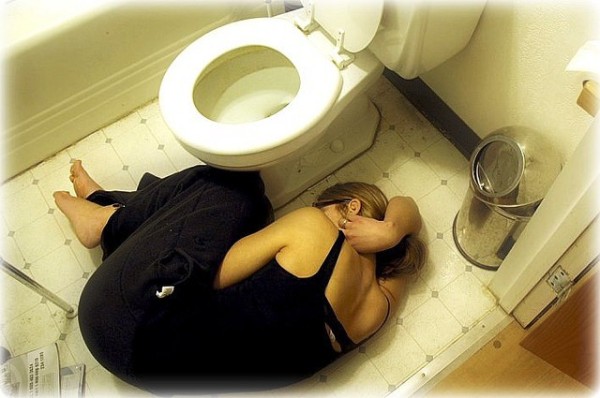New Vibrating Capsules to Help Treat Constipation

A new vibrating capsule is in the works to treat patients suffering from indigestion and irregular bowel movements.
In a recent trial, experts found the capsule created by Vibrant Ltd is more effective in treating constipation than conventional pharmaceutical drugs and other methods. The capsule has a small engine that is programmed to vibrate six to eight hours after ingestion and does not contain any chemicals that are present in regular laxative medicines but can be easily swallowed. The pilot study confirmed these can throw out the body waste by causing vibration in the intestinal walls that induce easy movement of the bowels along the digestive tract.
"Despite the widespread use of medication to treat constipation, nearly 50 percent of patients are unsatisfied with the treatment either because of side effects, safety concerns about long-term use, or the fact that it simply doesn't work," said Yishai Ron, study author and director of Neurogastroenterology and Motility at Tel-Aviv Sourasky Medical Center's Department of Gastroenterology and Hepatology in a news release.
Their research involved 26 patients suffering from chronic idiopathic constipation (CIC) and constipation predominant irritable bowel syndrome (C-IBS) who consumed two capsules in a week and were asked to observe their daily bowel movement. It was noted that all participants experienced improved bowel movement from two to four times in a week and did not exhibit symptoms of constipation that includes difficulty in passing stools. In addition, the study did not identify any harmful side effects of ingesting the capsule.
"By using no chemicals, Vibrant's treatment concept is a novel approach for people who suffer from constipation. Market need consists of about 8-10%of the world's population," said Lior Ben-Tsur, Vibrant Chief Executive Officer in the company website.
The study authors believe these capsules are way better than common laxatives that lead to harmful reactions like bloating and electrolyte imbalance. They plan on investigating further.
The research was presented at the Digestive Disease Week in Chicago.
May 05, 2014 07:35 AM EDT





